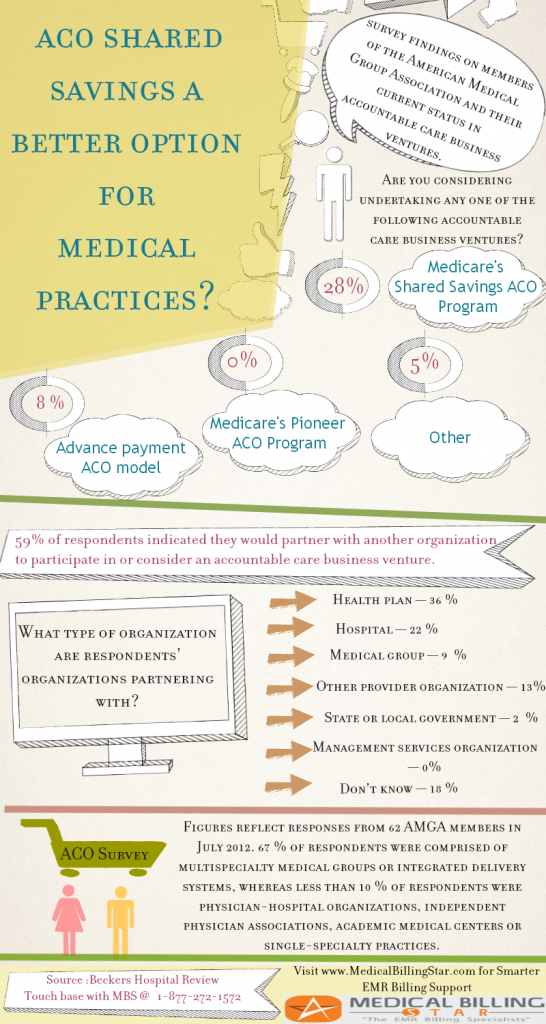Does high deductible mean low chances of getting paid?
Patient responsibilities have risen under the latest healthcare reforms. Coming forward, most patients would pay most of their healthcare bills by themselves. With payment responsibilities shifting to patients, managing patients with high deductibles is a risky proposition for medical practices.
High deductible insurance plans are the order of the day and physicians, who fail understand this emerging trend, will find themselves in an unenviable position. By the end of this year, an estimated 20 million patients will join the healthcare system and an alarming 80% of the newly insured patients, are at high risk for non-payment.
In a perfect world!
Higher out-of-pocket expenses are going to leave physicians with the unsavoury task of making patients pay their bills. In a fair world, patients would pay prior to treatment and coordinate with the doctor’s office regarding payment options. Patients would be well informed about insurance plans and guidelines.
But the healthcare world is anything but perfect. Everyday physicians face irate patients, lawsuits and threats to move to another provider.
Sounding harried over the phone?
The average time medical practice staff spend over the phone has increased and a call can last anywhere between 10 to 40 minutes. Blame it on complicated health plans and insurers who change payment regulations, constantly. Most private practices are understaffed and find it difficult to handle the deluge of patient calls.
Patient portals have been of tremendous help, but again, patients need constant support and education to access and use patient portals. Which leaves medical practices with one question- who does the tough job of receiving payment from patients?
Handling patient payment is a tough nut to crack!
Receiving patient payment isn’t just about sending sporadic statements, now and then. It requires close coordination with patients prior to a visit. Educating patients and helping them discover plans and payment options that best suit their needs, is essential. As is, following up with patients and sending out patient statements regularly.
And, always, ensuring, that patients don’t feel like, they are being cornered. Medical practices, now, rely mostly on collection agencies to handle their patient billing process. It avoids bad blood between patients and the medical practice. Trained professionals do a much better job and can free up in-house staff to focus on clinical activities.

